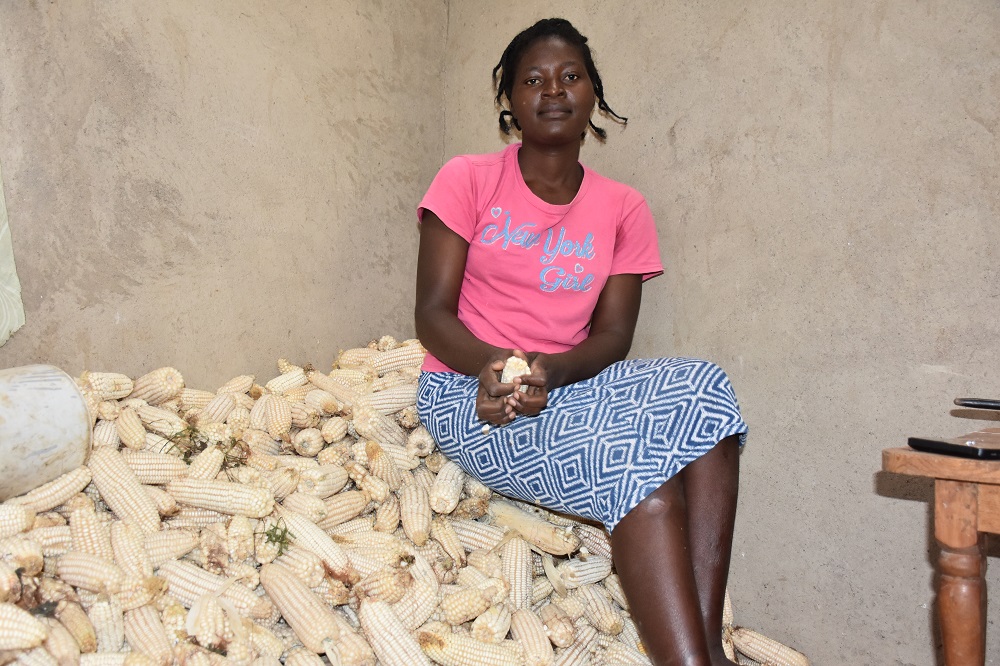How to build gender-sensitive seed systems, share your experience on Nov. 21

”Improved maize seed is essential for African farming systems because of its relatively higher yield potential, better adaptation to common biotic and abiotic stresses such as diseases, pests, drought and low nutrients, and more efficient use of water. However, several studies have revealed that women farmers are less likely to use improved seed than men, leading to relatively lower productivity levels. These gender gaps represent real costs not only to women farmers but to their households, rural communities, but also to seed companies and agro-dealers”, says Rahma Adam, gender specialist at the International Maize and Wheat Improvement Center (CIMMYT) in Nairobi.
”This is really a seed market missed by some seed stakeholders”, Adam adds.
She will speak at a webinar ”Gender and Seed Systems” on November 21, 2019, organized by the CGIAR Research Program on Maize and hosted by the CGIAR collaborative platform for gender research.
Rahma Adam will share STMA experience in seed systems that work for women, be it seed entrepreneur, seed grower, farmer, agrodealer or other positions in this sector still dominated by men.
Other speakers are Shawn McGuire, 20 years experience on smallholder seed systems and seed security matters, working at the FAO; and Esther Njuguna-Mungai, social scientist at the International Crops Research Institute for the Semi-Arid Tropics (ICRISAT) and involved more recently on gender-sensitive legumes seed systems.
Is there a gender gap in maize seed systems and how to address it?
With widespread support from donors, national governments and research institutions, the seed sector in Eastern and Southern Africa has rapidly evolved in ways that have greatly altered the landscape of seed delivery to smallholder farmers. As the types and volumes of improved maize seeds increase, several questions arise, for instance: How do men and women farmers learn about the performance of these new improved compared to those that they presently grow? Which approaches are most effective in reaching different demographic groups? and How can one ensure that women get opportunities to learn about and access improved maize varieties?
As the types and volumes of improved maize seeds increase, several questions arise, for instance: How do men and women farmers learn about the performance of these new improved compared to those that they presently grow? Which approaches are most effective in reaching different demographic groups? and How can one ensure that women get opportunities to learn about and access improved maize varieties?
If you want to learn more about this issue, register at the webinar here.
Rahma Adam and her colleague Pauline Muindi will also organize a day workshop under the same theme on December, 2 in Nairobi. Many participants across CGIAR, development organisations and Bill & Melinda Gates Foundation will attend to share their views how to address the gender gaps in seed systems. More information to come.
Tags: CGIAR, gender, seed systems, webinar
Trackback from your site.
